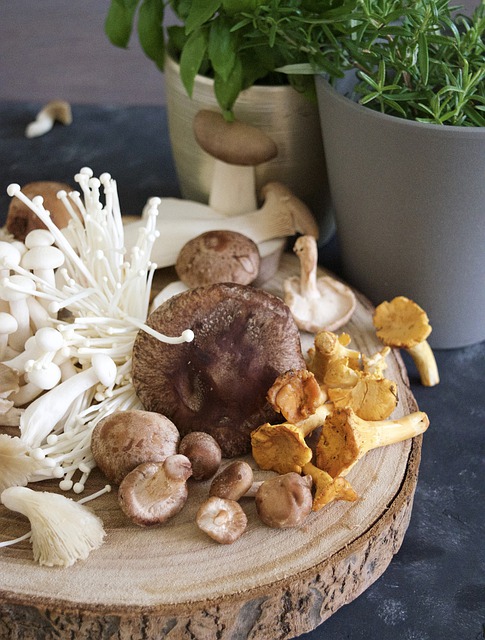The FDA has announced two new food safety prevention strategies. The first is for imported enoki and wood ear mushrooms. The second is focused on bulb onions. Both food groups were identified in foodborne illness outbreaks in 2020.
In 2020, a multistate outbreak of Listeria monocytogenes (L. monocytogenes) infections that sicked 26 people was linked to the consumption of imported enoki mushrooms. Testing conducted by the California Department of Public Health (CDPH) identified a matching strain of L. monocytogenes in enoki mushrooms from the Republic of Korea.
Also in 2020, CORE, in collaboration with the CDC and state and local partners, investigated a multistate outbreak of Salmonella Stanley infections linked to the consumption of imported wood ear mushrooms. A total of 55 salmonellosis illnesses were reported in 12 states. Testing conducted by CDPH identified a matching strain in a sample of imported wood ear mushrooms from China. These were the first outbreaks reported to FDA in 20 years related to these products.
As a result of the outbreak findings, the FDA will conduct research to better understand how L. monocytogenes contaminates enoki mushrooms and to better understand the survival of L. monocytogenes and Salmonella on enoki mushrooms and wood ear mushrooms.
The agency will also increase strategic and targeted FDA sampling of imported specialty mushrooms at U.S. ports of entry and at U.S.-based retail sites on the state level. When specific producers are linked to the contaminated shipment, FDA may also detain future shipments until the producer can assure the FDA that the conditions that gave rise to the appearance of the violation have been resolved.
The FDA will also be working with industry to ensure international specialty mushroom producers have access to training intended to help them meet requirements for ensuring the safe production of mushrooms for import into the U.S.
Bulb Onions
In 2020 and 2021, Salmonella outbreaks associated with the consumption of bulb onions produced in the U.S. and Mexico caused more than 2,100 confirmed cases of foodborne illness in the United States.
As a result of the outbreak investigation, the FDA will engage domestic and foreign industry and government partners to promote a broad understanding of the outbreak investigation findings, applicable Produce Safety Rule requirements and the importance of root cause analysis after outbreaks.
Additional actions under the new safety prevention strategy include:
- Prioritizing inspections of bulb onion farms in the U.S. and Mexico that are covered by the FDA’s Produce Safety Rule.
- Identifying and assessing practices and conditions associated with onion curing.
- Supporting research efforts to better understand bulb onion production practices, including the impact of different soil conditions and curing practices on the safety of bulb onions.
- Supporting industry-led efforts to develop and implement best practices for bulb onion production.
- Prioritizing Foreign Supplier Verification Program inspections of bulb onion importers to ensure that onion importers are verifying that foreign suppliers follow processes and procedures that provide the same level of public health protection as U.S. food safety requirements.
- Increasing strategic and targeted sample collection and testing of imported bulb onions from the State of Chihuahua, Mexico.
- Continuing to collaborate with Mexican competent authorities through the established Food Safety Partnership to help ensure the safe production of bulb onions in the State of Chihuahua, Mexico.



